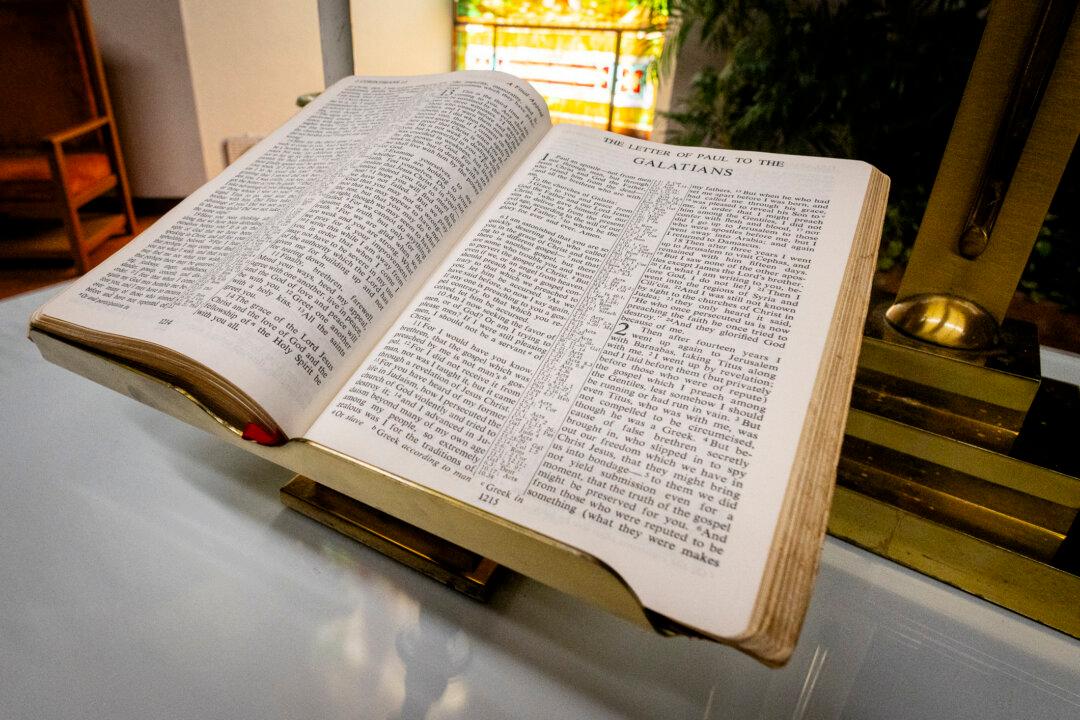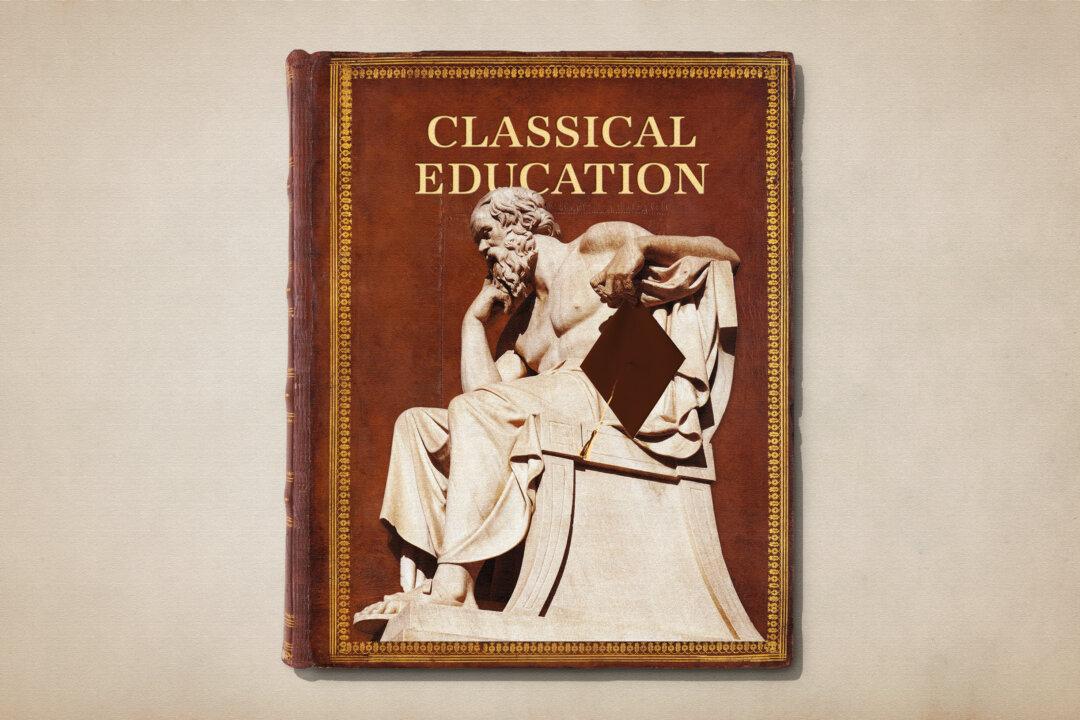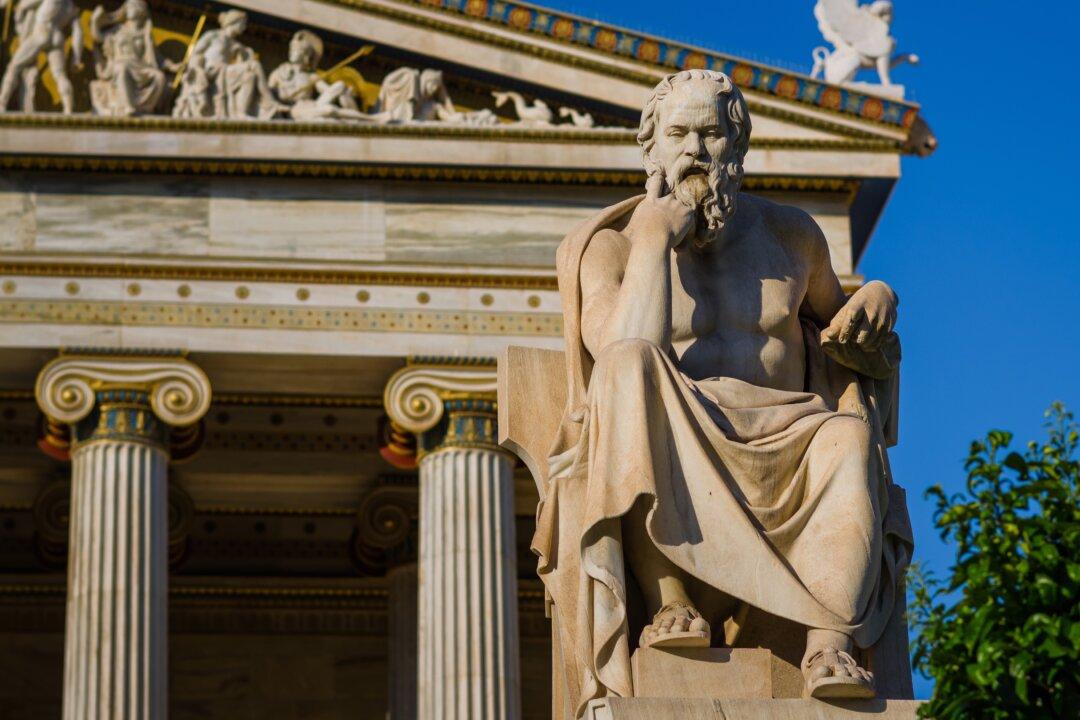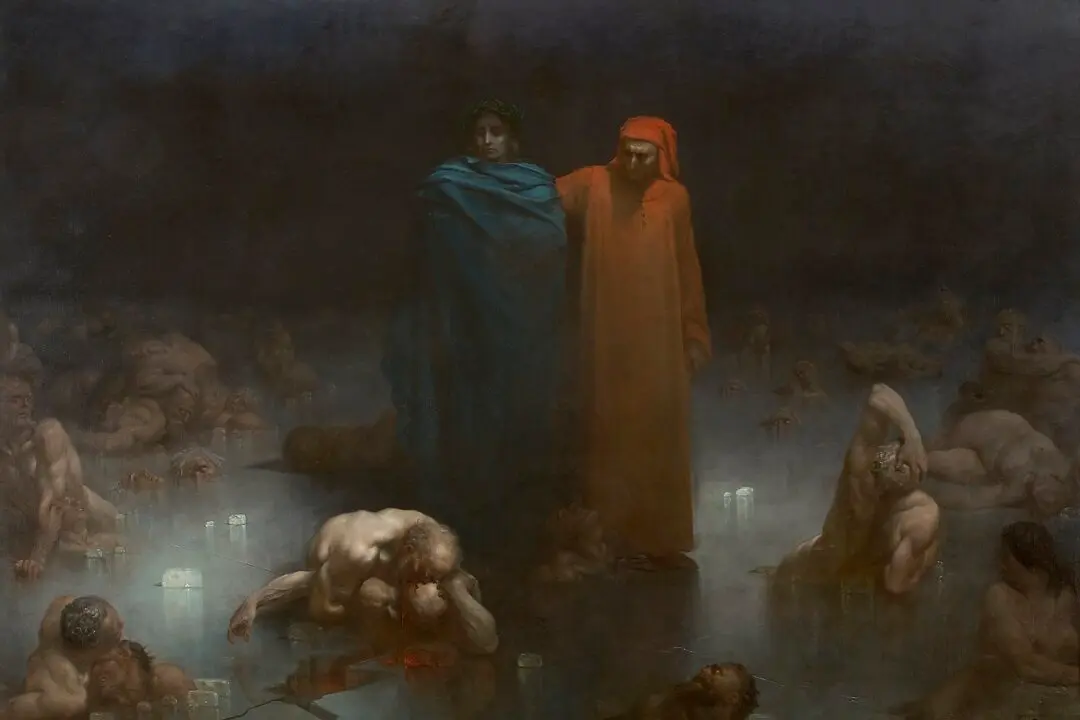Commentary
Recently, the State of Texas released instructional materials that received backlash. The materials contained ample lessons in the Bible. If those materials are adopted, “Texas elementary school students would get a significant dose of Bible knowledge with their reading instruction,” reported the influential education site The74.





